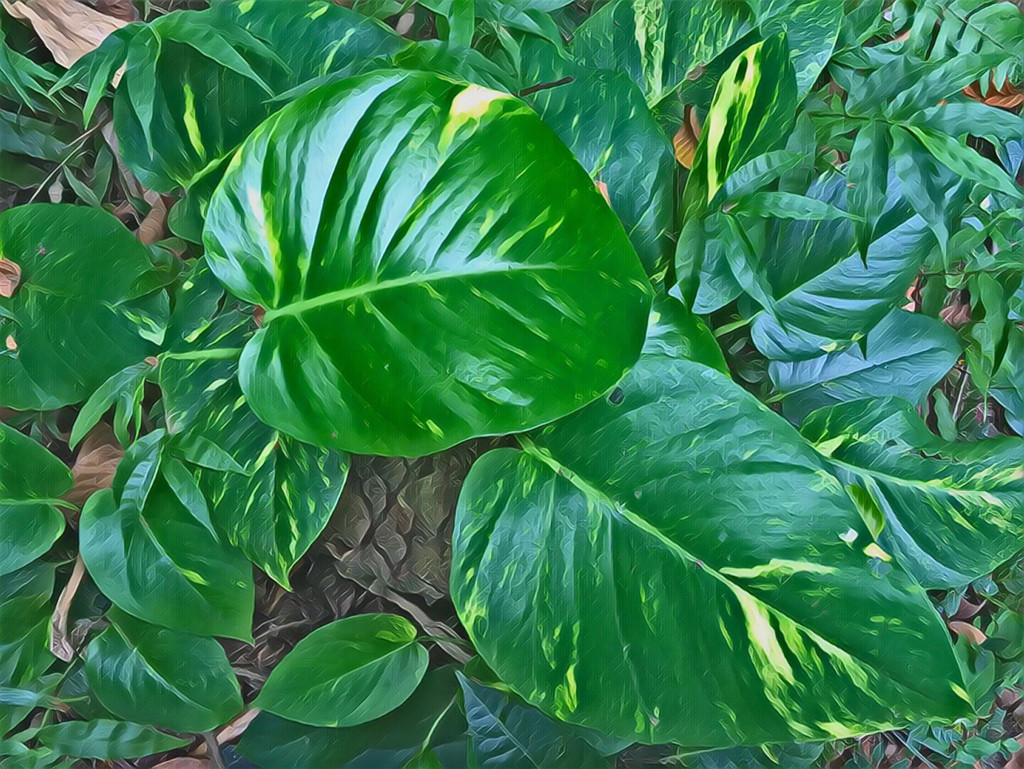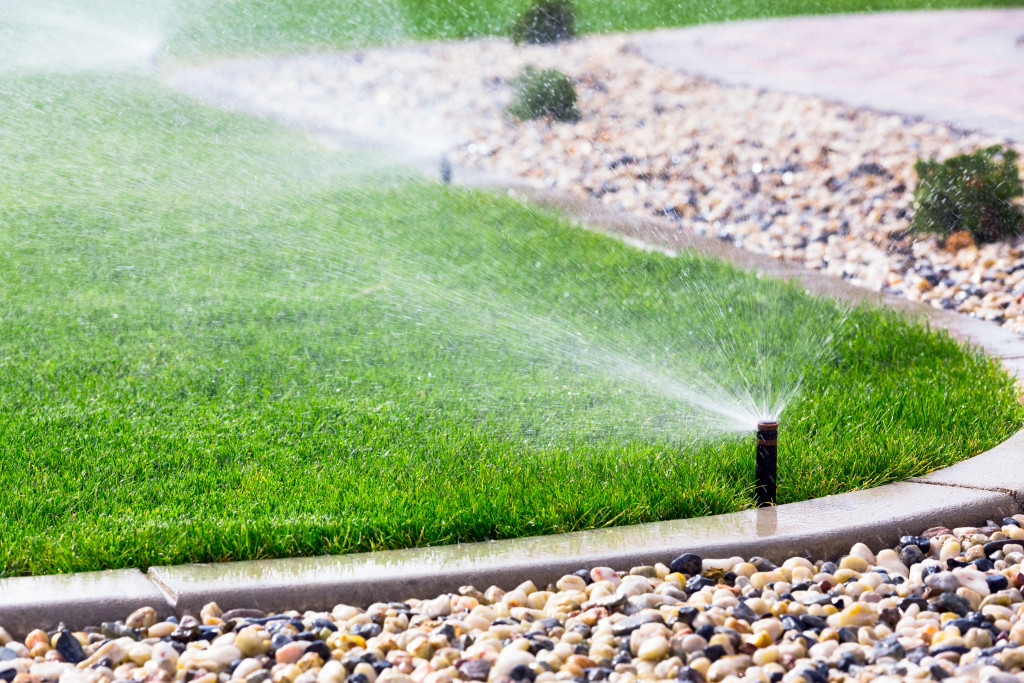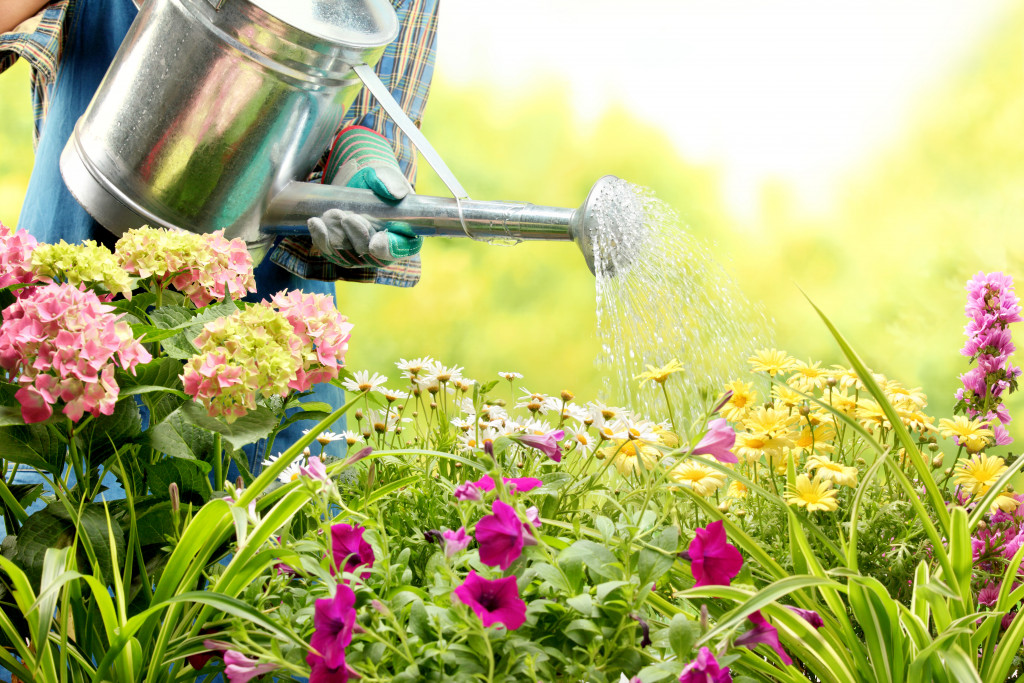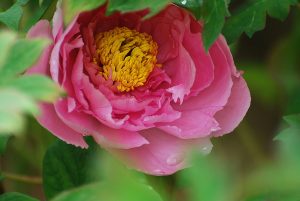- Collecting rainwater and composting are easy, cost-effective strategies for sustaining a healthy garden ecosystem.
- Planting native plants reduces water usage and contributes to local biodiversity, supporting bees and butterflies.
- Integrated Pest Management encourages natural pest control solutions and minimizes harmful pesticide use.
- Solar-powered irrigation can lower your carbon footprint and energy bill, making your garden more sustainable.
Maintaining a home garden is a beautiful way to nurture and nourish the earth. However, with the overuse of pesticides and chemicals, we have unknowingly damaged the environment. But worry not. This blog will discuss creative ways to maintain your home garden sustainably. These options are cost-effective, easy to implement, and will make your garden thrive without harming the earth.
Collect Rainwater
One of the easiest ways to maintain your home garden sustainably is by collecting rainwater. Instead of using tap water, which is usually treated with chemicals that harm your plants and pollute the environment, you can harvest rainwater. A rainwater harvesting system is easy to install. All you need is a barrel or a container to catch the water and a gutter that channels the water into the container.
You can also invest in an under-deck and porch drainage system. This roof panel is designed to be installed beneath a second-story deck or porch, serving the purpose of gathering rainwater that would otherwise seep into the deck boards. You can use this rainwater to water your plants, reducing your water bill and minimizing the use of harmful chemicals in your garden.
Just make sure you employ the help of professionals like All Exteriors to install your under-deck and porch drainage system. This will ensure that you get a quality product that is installed properly. You can check out their website at allexteriorswi.com if you wish to inquire about their services.
Start Composting
Composting is a natural way to improve soil quality, increase plant growth, and decrease your carbon footprint. In simple terms, composting is the process of breaking down organic matter into nutrient-rich soil.
By composting garden waste, kitchen scraps, and other biodegradables, you can create a self-sufficient, sustainable garden without the need for synthetic fertilizers that are harmful to the earth. You can purchase compost bins or create one with simple materials like wood or chicken wire.
Plant Native Plants

Native plants are those that are naturally found in your area, and planting them in your garden can improve soil quality and reduce water usage. Native plants have adapted to the local climate and soil, so they require less water, fertilization, and pest management than non-native plants. Additionally, planting native species can provide habitat for local wildlife, including pollinators such as bees and butterflies. You can consult a local nursery or gardening club for suggestions on which native plants to include in your garden.
Implement Integrated Pest Management
Integrated pest management is a holistic approach to pest control that minimizes the use of pesticides. This makes it an environmentally friendly option for maintaining a home garden. Here’s a quick guide on implementing integrated pest management:
Identify and monitor pests in your garden.
Identifying and monitoring pests is crucial for integrated pest management. Regularly check your plants for signs of pests and keep a record of which pests are present in your garden.
Use natural solutions.
Instead of reaching for chemical pesticides, try natural alternatives like insecticidal soap, garlic spray, or neem oil. These solutions are effective against common garden pests and are less harmful to the environment.
Encourage natural predators.
Invite beneficial insects like ladybugs, lacewings, and praying mantises into your garden by planting companion plants and providing shelter. These insects feed on pests, naturally controlling their population in your garden.
Use physical barriers.
If you have a specific pest problem, consider using physical barriers like netting or row covers to protect your plants. This can be a more effective and sustainable solution than pesticides.
By using integrated pest management, you can minimize pest damage and maintain a healthy garden ecosystem without damaging the environment.
Use Solar Powered Irrigation

Using solar-powered irrigation is a great way to reduce your carbon footprint and conserve energy. Solar-powered irrigation uses solar panels to power water pumps, which can be used to irrigate your garden. Not only is it environmentally friendly, but it also reduces your energy bill.
By utilizing sustainable methods like solar-powered irrigation, you can maintain your garden sustainably and reduce your overall carbon footprint. You can also consider using drip irrigation, which is a more efficient way to water your plants and reduce water usage.
Creating a sustainable home garden is an enriching journey filled with lessons and rewards. By implementing eco-friendly practices such as rainwater harvesting, composting, planting native plants, integrated pest management, and using solar-powered irrigation, you not only give back to the environment but also promote a healthier lifestyle. These practices will ensure a balance in the ecosystem of your garden, making it a haven for biodiversity. So transform your home garden into a space that nourishes the earth, our health, and your spirits.





